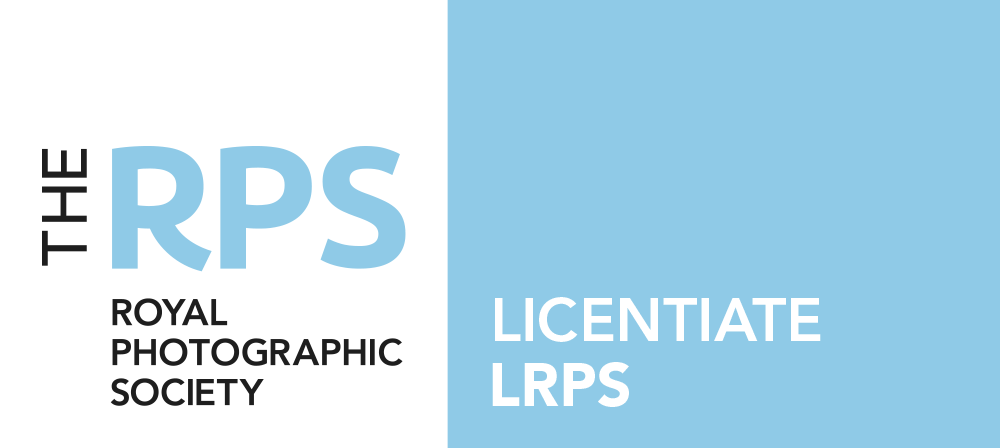Other photographers will agree that the question we often get asked by people thinking about taking photography more seriously is: -
Which camera should I buy?
Assuming that we're not looking at specialist equipment such as underwater photography, infra red photography etc, then the answer is surprising to many people starting out.
The answer is: almost any camera will do the job*
I appreciate that's probably a little unhelpful to the novice photographer looking to invest their hard earned money in relatively expensive equipment, so let me explain and offer you some advice on how you might select a camera and system.
Something you hear photographers say a lot is that it's not the camera that takes an image, the photographer does. The quality of the image is reliant on the skill of the photographer rather than the equipment they're using. Then which brand is best? I'm afraid the answer is it's a much of a muchness. Technology is at the point where any of the popular brands are good. There are professionals that swear by the brands they use. Those professionals will each use a different brand. The brand isn't going to turn you into a world class photographer, even though they might claim differently.
Even more frustratingly when you're considering which brand or system you might buy into, all the popular brands have support for accessories and lenses. There are also aftermarket brands that support the camera brands, such as Sigma and Tamron for lenses or Neewer and Interfit for flash accessories. So you will not be limited by your equipment as your photography develops (pun intended). So that means any will do the job and you're choice is still "any of them".
That's no good Gary, how do we choose? HOW?
This is all actually good news, you're pretty much guaranteed to make a good choice, they're all pretty good. But there is something we can do to make sure your choice is the right choice.
Go to a camera store and handle the cameras. Check out which cameras feel comfortable in your hand. Is it easy or intuitive for you to change settings such as shutter speed, aperture and ISO? Can you navigate the menus? Can you change the shooting modes easily (single shot, continuous etc)? Can you change the focusing mode from spot to evaluative?
The one the feel comfortable and where the interface makes sense is the right camera for you. Any new camera will take some getting used to, so you won't be hitting the ground running but you're get a feel for the one that makes the most sense.
What about the Lens?
Entry level camera are often bundled with a zoom lens. This is good enough to get going. I have pictures that have been printed and hung on customers walls that were taken with a kit lens. If your camera doesn't come with a lens and you're thinking "professional", then a couple of prime lenses (fixed focal length lenses that don't zoom) could be as cheap as a cheap zoom lens and offer superior quality. Depending on the type of photography you're starting with depends on the lenses you might look at. Here's a suggestion: -
- Landscape Photography
- 24mm and 50mm
- Portrait Photography
- 50mm and 105mm
- Wildlife or Sports Photography
- 50mm and 300mm
You'll notice 50mm pop up there a few times. 50mm prime lenses have superb professional quality and are one of the cheapest lenses you can buy. Arguably the worlds greatest documentary photographers, Henri Cartier-Bresson only ever used a 50mm lens.
Summary
If you have a camera that feels right in your hand, that's probably the best camera to start with. Go to the your local store and handle a few cameras. And give your local store your custom. Get to know the staff and they will see you're looked after as you pop back in for accessories. You could also look at joining your local photography club. They will offer advice (be wary as nobody will admit the brand they use is nothing but the best, even if they don't have the reference of ever using another brand). You might also pop to a photography exhibition such as The Photography Show that is held every year at Birmingham's National Exhibition Centre.
* A few assumptions: -
- You're looking at a 35mm/Crop Sensor SLR or Mirrorless system
- You're working to a budget
- You're looking at photography in general with perhaps an one or two special interests (portrait, wildlife etc).


